MercoPress. South Atlantic News Agency
Latin America
-
Thursday, January 15th 2009 - 20:00 UTC
“King” Hugo Chavez closer to his dream of perpetuity
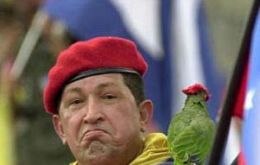
Venezuela's National Assembly on Wednesday approved amendments to the constitution that would allow President Hugo Chavez to run for re-election indefinitely, the final step before the proposal goes before voters in a referendum.
-
Thursday, January 15th 2009 - 20:00 UTC
Calderon willing to address NAFTA issues with Obama
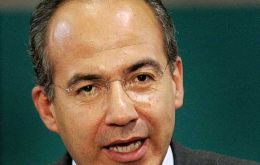
Mexican President Felipe Calderon said he is willing to cooperate with incoming US president Barack Obama to address aspects of the North American Free Trade Agreement, NAFTA, which links the economies of the United States, Mexico and Canada and has boosted trade several times.
-
Thursday, January 15th 2009 - 20:00 UTC
Bolivia breaks relations with Israel over Gaza invasion
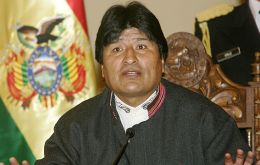
President Evo Morales announced Wednesday that Bolivia severed diplomatic ties with Israel as an act of solidarity with Palestinians suffering from the current offensive in the Gaza strip.
-
Thursday, January 15th 2009 - 20:00 UTC
Chile-Peru consortium to invest in natural gas plant
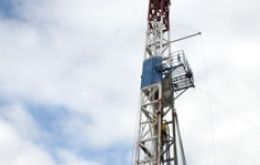
A Chilean-Peruvian consortium plans to invest 650 million USD in a project to produce ammonium and ammonium nitrate from natural gas, Peruvian President Alan Garcia said Wednesday.
-
Wednesday, January 14th 2009 - 20:00 UTC
To comply with OPEC, Ecuador cuts private oil output
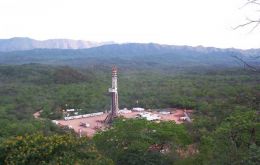
The Ecuadorian government has decided to suspend oil production by Italy's Agip and France's Perenco, both of which operate in the Amazon region, to comply with new OPEC cuts.
-
Wednesday, January 14th 2009 - 20:00 UTC
More evidence that Asians first marched into the Americas
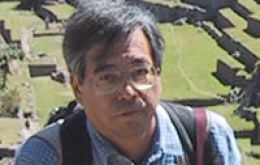
A study has revealed genetic links between people who inhabited northern Peru more than 1,000 years ago and the Japanese, according to reports from El Comercio from Lima, one of the country leading newspapers.
-
Wednesday, January 14th 2009 - 20:00 UTC
Dengue emergency in Bolivia's most populated provinces
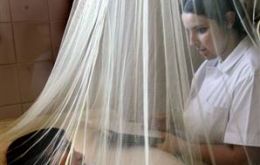
Bolivia declared this week a state of sanitary emergency in four of the country's provinces following a bout of 250 reported cases of dengue, a disease transmitted by the “Aedes Aegypti” and which can be deadly in its haemorrhagic strain.
-
Tuesday, January 13th 2009 - 20:00 UTC
China close to Latam: becomes formal member of IDB
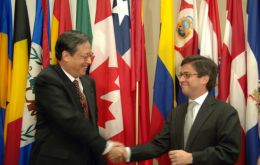
China formally joined the Inter-American Development Bank in a signing and flag placement ceremony held on Monday at the IDB's headquarters in Washington, DC. The Asian giant became the Bank's 48th member nation, contributing 350 million US dollars to various programs.
-
Wednesday, January 7th 2009 - 20:00 UTC
Venezuela expels Israeli ambassador over Gaza bombing
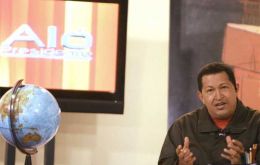
Venezuela expelled on Tuesday the Israeli ambassador to protest against the country's assault on Gaza, after the Venezuelan president described it as a “holocaust”.
-
Wednesday, January 7th 2009 - 20:00 UTC
Capsized yachtsman rescued by fellow competitor in C. Horn
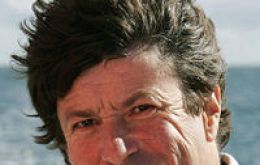
The French navigator whose yacht capsized in the extreme South Pacific during the Vendée Globe solo round-the-world race was rescued Tuesday night by his friend, a fellow competitor, after he was trapped inside the hull of his upturned boat in heavy seas for 16 hours
